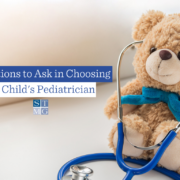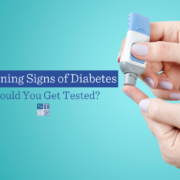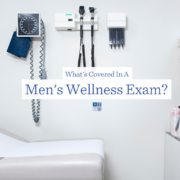5 Ways You Can Practice Self-Love on Valentine’s Day
According to DatingAdvice.com, Nashville is North America’s #1 “Most Romantic City” in 2019. Who knew? Whether or not this Valentine’s Day will bring you chocolate and roses, we recommend everyone learn to practice the invaluable skill of self-love!
What Is Self-Love?
The Merriam-Webster Dictionary describes self-love as, “regard for one’s own well-being and happiness.” Oscar Wilde wrote, “To love oneself is the beginning of a life-long romance.” In short, self-love is living a life that prioritizes your own health and happiness! And what better time of the year to start living such a life than Valentine’s Day?
#1 Toss What’s Holding You Back
As we come off the start of the new year (and find ourselves in awe of Tidying Up with Marie Kondo on Netflix), it’s a great time to clean out closets and get rid of those things that don’t bring us joy. The ability to take a dress off the hanger without having to squeeze everything else to the side is a wonderful feeling! Negative space can be more life-giving than the junk that fills it!
#2 Add One Healthy Habit a Week
We all have opportunities for improving our health. And when we’re healthier, we’re happier. Are you one of the three million Americans who have acid reflux? Try one of these six habits for managing your symptoms. Do you hate exercise, but love nature? Then instead of trying to force yourself to get on the treadmill, try one of these four hikes in Nashville. In short, listen to yourself. Pay attention to how you feel. If there are areas of your physical or mental health where you think you could feel better, then do a little research and find ways to make improvements. The St. Thomas Medical Group Blog is a great place to look for ideas!
#3 Turn Off the Devices
Multiple studies have indicated an inverse relationship between happiness and social media use. And while there’s certainly a time and place for vegging out in front of the TV, watching three hours of Hulu night after night after night isn’t exactly a key to happiness. Start small with this lifestyle change. At first, take just an hour to totally unplug. Read a book. Sit in a coffeeshop. See a friend. Try a new recipe. Reflect on how the experience makes you feel, and then try something new the next day! Maybe you’ll even work your way up to a totally unplugged Sunday!
#4 Get Screened for Breast Cancer
If you are a woman age 40 or over, getting a screening mammogram may be one of the best acts of self-love you can do. Sadly, women in the United States have a one in eight lifetime risk of developing breast cancer. However, the good news is that women with stage 0 or stage I breast cancer have a 5-year relative survival rate close to 100%. Get screened so that if you need care, you can get it early on! Learn more.
#5 See Your Healthcare Provider
We all get sick from time to time. And when we do, isn’t it so much nicer to be able to see a doctor that knows you? Wouldn’t you prefer to have access to an integrated health care team that has some knowledge of your baseline health? Visiting a provider now for an annual wellness exam can be the start of a wonderful relationship – especially if you really need a doctor in the months or years that follow! Schedule your appointment online.
Practice Self-Love… And Schedule an Appointment With a Doctor In Nashville!
Find a provider at St. Thomas Medical Group by calling +1 (615) 297-2700. Both new and returning patients can also schedule online.










